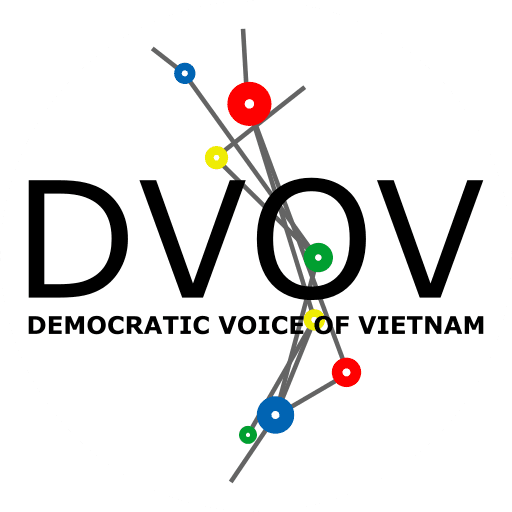For Immediate Release
US Should Use Influence to Leverage Rights in Cambodia, Laos, and Vietnam
(Bangkok, July 10, 2012) – Human rights should be at the heart of messaging from the United States to regional leaders when Secretary of State Hillary Clinton visits Vietnam, Laos, and Cambodia in the context of the annual Association of Southeast Asian Nations (ASEAN) meeting, Human Rights Watch said today.
The 2012 ASEAN summit takes place in Phnom Penh from July 11-13.
“Secretary Clinton is uniquely placed to leverage US influence in Asia, particularly for chronically abusive human rights situations in Vietnam, Laos, and Cambodia,” said Brad Adams, Asia director at Human Rights Watch. “The US needs to send a strong message that abuses will not be tolerated, and that US support – including funding – depends on addressing continuing grave human rights violations.”
Human Rights Watch outlined major concerns in the ASEAN region in statements on Vietnam, Laos, and Cambodia:
In Vietnam, Human Rights Watch said that Clinton should press Vietnam to respect Internet freedom and release prominent bloggers when she visits Hanoi. Restrictions on Internet freedom have been a serious problem in Vietnam since May 2004, when the government began to firewall critical websites. In a country where newspapers, TV, and radio are strictly controlled by the government, the Internet has been one of the few bastions of free expression.
In Laos, Human Rights Watch asks Clinton to address long-standing abuses of detainees at the Somsanga drug detention center. As detailed in a 2011 Human Rights Watch report, Somsanga’s Secrets, the center holds children and adults against their will in a facility with high walls, barbed wire, and guards, and without access to legal counsel. Street children, the homeless, and the mentally ill are detained alongside people who use drugs. Former detainees reported that anyone trying to escape the center was brutally beaten, and a number described suicides among those held. The US government should stop all funding and other support to the center until the Lao government conducts a full and independent investigation into human rights abuses and puts protections into place to prevent future abuses against those held there, including children.
In Cambodia, Human Rights Watch called for Clinton to make it clear in public and private to Cambodian Prime Minister Hun Sen that closer ties with the US will not be possible without significant improvements in Cambodia’s deteriorating human rights situation. In the last year, the Cambodian government has launched repeated attacks on its critics, including the arbitrary arrest and summary conviction of urban women protesting eviction, a siege by security forces of a village opposing allegedly corrupt land sales during which a 14-year-old girl was killed, and the unlawful use of lethal force against protesting villagers by military personnel working as enforcers for a rubber company. In April 2012, Chut Wutty, Cambodia’s best-known environmental activist, was gunned down while researching illegal timber sales.
Human Rights Watch said that the 10-country ASEAN summit and surrounding state visits are an important opportunity for the US to communicate specific measures for progress, and to send the message that human rights are a central concern in the US relationship.
“ASEAN leaders need to hear benchmarks for progress, and that the US intends to hold the region’s leaders accountable for decisions that impact human rights,” Adams said. “Failure to improve rights should come at a cost.”
For more Human Rights Watch reporting on Asia, please visit:
http://www.hrw.org/asia
For more information, please contact:
In London, Brad Adams (English): +44-7908-728-333 (mobile); or adamsb@hrw.org
In Bangkok, Phil Robertson (English, Thai): +66-85-060-8406 (mobile); or robertp@hrw.org
In New York, James Ross (English): +1-646-898-5487 (mobile); or rossj@hrw.org
In New York, Elaine Pearson (English): +1-212-216-1213; or +1-646-291-7169 (mobile); or pearsoe@hrw.org; Follow on Twitter @PearsonElaine
